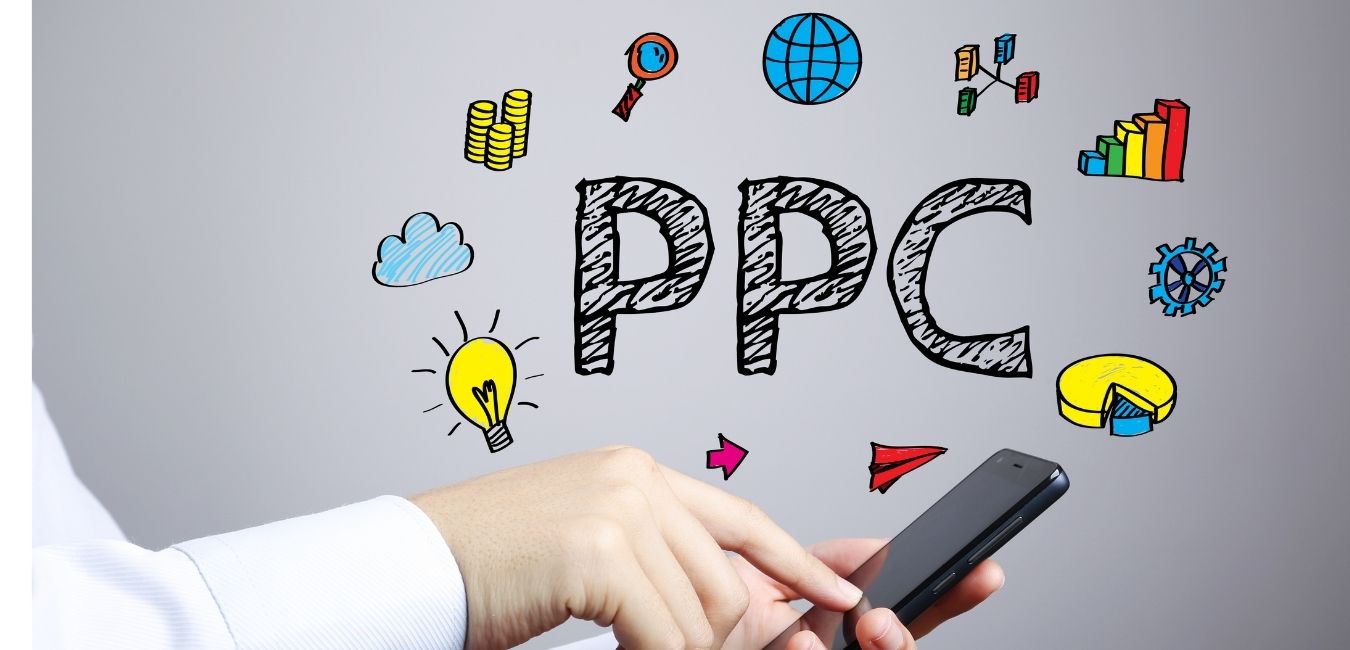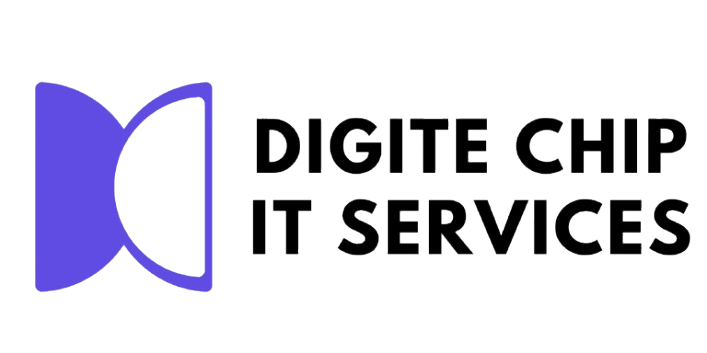


Overview of Pay Per Click Advertising
Online advertisers who use pay-per-click (PPC) marketing must fork out a certain amount of money each time one of their ads is clicked. In essence, it's a way to purchase website views rather than trying to "earn" them naturally. One of the most widely used types of internet advertising is pay-per-click (PPC), which, when done well, can be very successful. For many companies, from small startups to big enterprises, it is an essential part of their digital marketing strategy.
The Operation of PPC Marketing
PPC marketing usually entails placing bids on business-related keywords. When a user searches for certain terms, the search engine prominently displays the adverts of the advertisers who placed the highest bid. Advertisers select relevant keywords and place bids on them. Google Ads is the most popular PPC advertising platform; however, PPC services are also available on Bing Ads, Facebook Ads, LinkedIn Ads, and other platforms.
The advertiser receives a tiny fee on each click made by a user on one of these adverts. This charge may be insignificant in relation to the money received from the click if the campaign is properly designed. You've made a sizable profit, for example, if you pay $2 for a click and the click leads to a $200 transaction.
PPC Ad Types
Depending on your marketing objectives, you can employ a variety of PPC ad types:
- Text advertisements known as "search ads" show up on search engine results pages (SERPs) when users enter specified keywords.
- Visual advertisements known as "display ads" can be found on websites that are part of the Google Display Network or other ad networks.
- "Social Media Advertising" These advertisements can be seen on Twitter, Facebook, Instagram, LinkedIn, and other social media sites.
- "Remarketing Ads" These advertisements are directed at people who have already interacted with your content or visited your website.
- "Shopping ads" These are advertisements that show off goods for sale together with prices, descriptions, and photographs. They show up in search results.
Advantages of PPC Marketing
- Instant Results: PPC advertisements have the ability to increase website traffic right away following the launch of a campaign, in contrast to SEO, which may take months to provide results.
- Targeted Advertising: Pay-Per-click (PPC) advertising lets you target users according to their demographics, location, device, time, and even past interactions with your website.
- Measurable Outcomes: PPC gives you access to comprehensive analytics and performance data, allowing you to assess the success of your campaigns and make informed decisions.
- Budget Control: You may control how much you spend on PPC advertising by setting a budget. Additionally, you are in charge of the cost of each click.
- Brand Visibility: PPC advertisements can greatly raise the visibility of your brand, particularly for competitive keywords that are challenging to rank for naturally.
Best PPC Marketing Practices
Find the most appropriate and economical keywords for your company by conducting in-depth keyword research.
- Ad Copywriting Craft attention-grabbing ad language that encourages clicks and boosts conversions. Add impactful calls to action along with pertinent keywords.
- landing page optimisation: Make sure the landing pages you are sending traffic to are optimised for conversions. This is known as landing page optimisation. They ought to offer a smooth user experience and be pertinent to the advertisement's content.
- A/B Evaluation: Test various aspects of your advertisements, including calls-to-action, descriptions, and headlines, on a regular basis to see what is most effective.
- Monitor and Modify: To increase return on investment, keep a close eye on your PPC campaigns and modify your tactics in response to performance information.
Common PPC Marketing Obstacles
- Click fraud: is the practice of having rivals or nefarious individuals click on your advertisements with the goal of exhausting your advertising funds.
- High Competition: Certain keywords can be very costly and competitive, particularly in fields like law, banking, and insurance.
- Ad Fatigue: When your audience grows weary of your advertisements over time, click-through rates may decrease. You can fight this by upgrading your ad creatives on a regular basis.
Conclusion
One of the most effective tools in the digital marketing toolbox is pay-per-click (PPC) marketing, which may raise sales, raise brand awareness, and direct focused visitors. The potential rewards are significant, even though it calls for financial commitment and careful planning. Through comprehension of PPC principles, utilisation of optimal techniques, and ongoing campaign enhancement, you can attain noteworthy expansion and accomplishments in your digital marketing endeavours.

